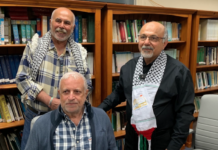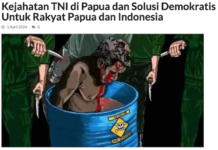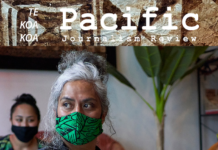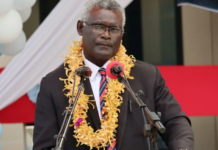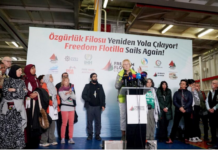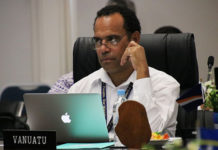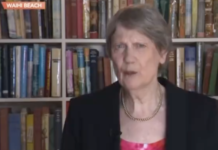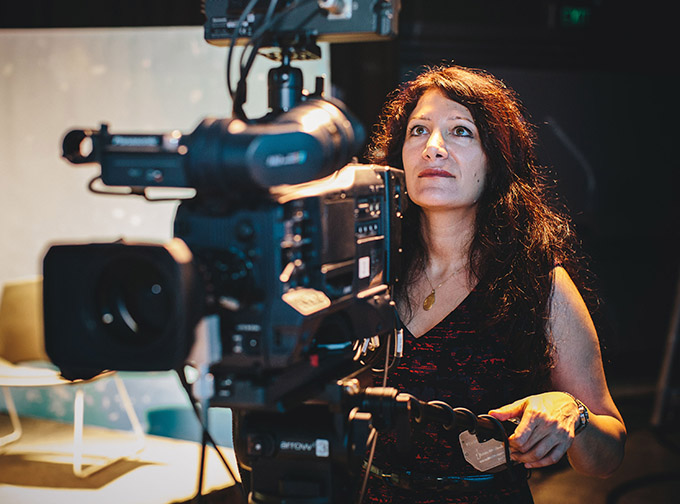
By Nicola Igusa
For any film maker, their aim is to create engaging work that connects with its audience. For film makers in New Zealand of migrant background, getting screen time can be difficult.
New Zealand On Air and the New Zealand Film Commission has done great work to increase the Māori and Pasifika voices heard and seen on our screens.
Pioneering research by Associate Professor Dr Arezou Zalipour, presented in her book Migrant and Diasporic Film and Filmmaking in New Zealand, asks whether film makers from migrant backgrounds have enough support and how New Zealand screens could reflect better contemporary New Zealand.
READ MORE: Seeing me, seeing you, diversity on NZ screens
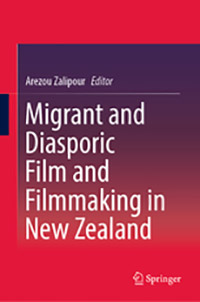 Dr Zalipour, from Auckland University of Technology’s School of Communication Studies, says she admires what has been achieved for Māori and Pasifika film making and hopes the same can be achieved for a range of diverse New Zealand voices.
Dr Zalipour, from Auckland University of Technology’s School of Communication Studies, says she admires what has been achieved for Māori and Pasifika film making and hopes the same can be achieved for a range of diverse New Zealand voices.
Increasingly there is an awareness that representation matters – and for young New Zealanders, seeing the faces they see around them reflected on screen builds a sense of national connectedness.
“Film and television play an important role in nation building – in helping create a sense of what it is to be a New Zealander,” says Dr Zalipour. “Stories from diverse points of view not only entertain us, they help us understand the world around us, building social and cultural consciousness and sense of belonging.
‘Conscious effort’
“While I found much evidence that we can be cautiously optimistic about the space being carved out for migrant film making in New Zealand, we still need to dedicate conscious effort to supporting, encouraging and mentoring film makers of all backgrounds.
“I’m hopeful that our film and television industry will reflect real diversity of our society in future years.”
Dr Zalipour stresses that the question is how we can ensure people of all backgrounds have an opportunity to tell their story, and together build our cultural consciousness and sense of belonging.
“Ultimately, I want to inspire the next generation of New Zealand film makers, regardless of their background, to discover and add more dimensions, stories, images and imaginaries to New Zealand screens and I hope my research can play some small role in the future of New Zealand filmmaking.”
Migrant and Diasporic Film and Filmmaking in New Zealand will be used as a text in media, communication, film and television studies at AUT and other New Zealand universities, and in tertiary institutions around the world offering New Zealand Studies.
Nicola Igusa is a communications writer at Auckland University of Technology.


